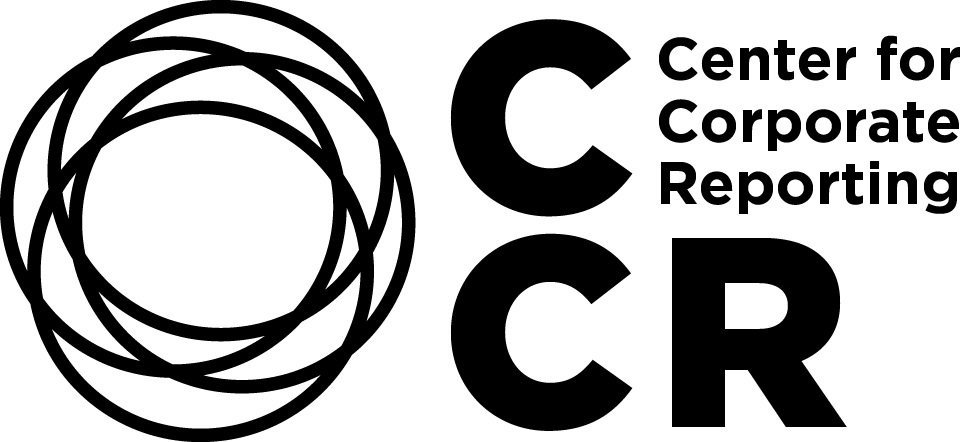European reporting simplification – what is there still to do?
With all of the “heat” around the “EU Omnibus” proposals for simplification of European sustainability laws – is it worth focusing on what hasn’t changed and what companies still need to be – and are – doing now?
By Richard Howitt
The key “double materiality” principle (companies being required to assess their external impact, as well the financial materiality of sustainability issues on the company itself ) is retained. Businesses will still be required to undertake double materiality assessments, to identify and seek to measure their sustainability impacts, risks and opportunities.
European Sustainability Reporting Standards are likely to be further simplified, but will remain a key reference point. Sustainability reporting is still subject to independent assurance, albeit at the “limited assurance” level and not the higher “reasonable” level of assurance. This will continue to prompt companies to develop their ESG data systems to be able to be audit-ready. The requirement for CSRD reports to also be prepared in both human- and machine-readable formats, including with digital tagging, is also being maintained, although the final Regulatory Technical Standards are awaited. All the indications are that this will not change – the future is digital.
There are aspects of unchanged elements of the Corporate Sustainability Due Diligence Directive, (CSDDD), which also remain. The concept of what due diligence constitutes is entirely unchanged, albeit with the major exception of the value chain cap, (tier one suppliers only), which is a debate which I very much expect to continue. Therefore, the process of building awareness and embedding due diligence processes within the business will continue.
This is also true for climate transition plans. The shift to “net zero”, to science-based targets and to climate transition has successfully mobilised many in business in recent years. Although the Omnibus proposes that companies have to draw up but not have to implement transition plans, this will simply be irrelevant to many companies who are already on the pathway to doing so.
The requirement for companies to terminate business relationships as a “last resort” where there are breaches in human rights is replaced by a new obligation to “suspend” contracts, but in practice this still requires the company to develop systems to be able to do this.
Also unchanged is the emphasis on “affected stakeholders” - that companies must identify actual persons on whom they impact, to engage with them and their representatives, in order to both undertake materiality determination and to prevent, mitigate and offer remediation in relation to adverse impacts.
It can be acknowledged that this takes some in companies out of their “comfort zones”, but it is a cultural shift in respect for human rights, which ultimately is taking place across business and which is kept intact by the Omnibus.
Navigating sustainable business in a changed environment
In the remaining part of the advice which might be given to companies at this crucial juncture, there must be some assessment of how companies can and should navigate sustainability issues in the highly politicised and febrile atmosphere in the debate, on both sides of the Atlantic.
For many, there will be an obvious temptation simply to try to avoid political controversy. But the gravity of the consequences of the Omnibus proposals on sustainability goals and the obligation on companies towards responsible political engagement – itself stemming from business and human rights – mean that companies cannot afford simply to stay silent.
If companies can bring actual evidence to the debate to influence the final outcome, that can only benefit business and sustainability objectives together.
Moreover, to the degree that regulatory “push” towards effective and impactful sustainability reporting is being weakened, that puts more – not less – responsibility onto business leaders to determine their sustainability strategy and how to disclose it.
Some businesses are re-committing to long-term objectives, openly stating that these outweigh what are inevitably short-term political pressures against corporate sustainability efforts. Business leaders are drawing “red lines”, where they are not prepared to reduce or withdraw from sustainability actions. Others are recognising the need to alter the narrative, to persuade sceptics not just in politics but amongst the wider public that sustainability objectives can be achieved which are affordable, bring security and where there is a managed (“just”) transition for employees as well as companies.
Other companies are seeing that de-regulation is leaving a vacuum, which can be at least partly filled by enhanced dialog and cooperation with both investors and broader stakeholders, as the underlying forces which have driven the rise of sustainability reporting are themselves intensified not weakened. Those external pressures may just get louder.
But for all companies, whichever stage they are at the sustainability journey, perhaps the most important question of all is to remember the “purpose” of why the company is engaging in sustainability efforts. Legal compliance with reporting regulation was only ever a means to an end. That end must see business action leading to positive outcomes for climate and for communities, in a world where companies can operate both successfully and responsibly.
That has been the motivation of sustainability professionals in business over a very long time; it will remain their prime motivation today.
Further Information
Richard Howitt
is an adviser, lecturer and Board member in sustainability. He was a Member of the European Parliament responsible for Europe’s first sustainability reporting law, then Chief Executive of what is now the International Sustainability Standards Board. Richard hosts the “Frankly Speaking” responsible business podcast.



